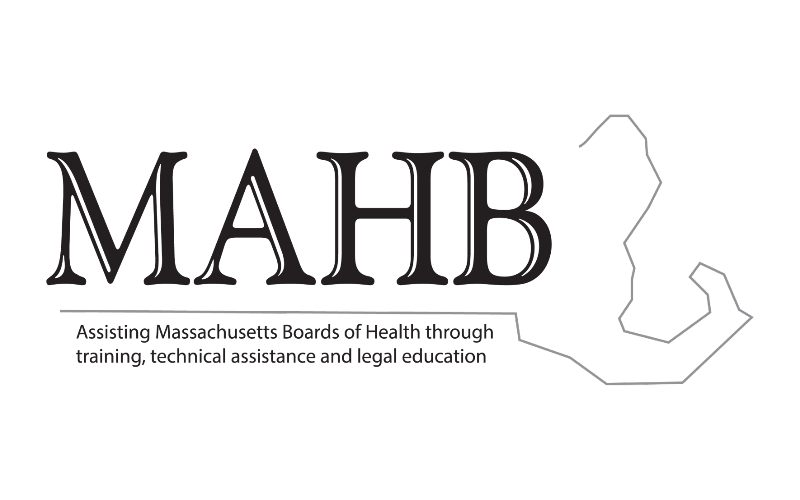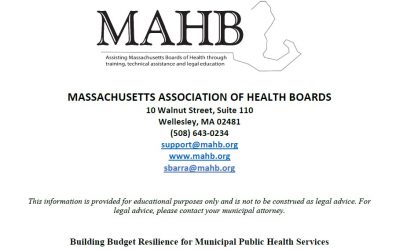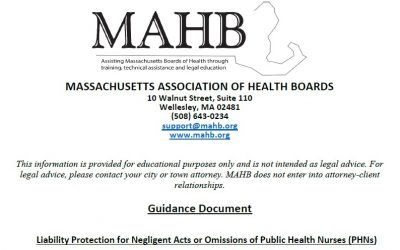Title: MAHB Comments on DEP/DOER Battery Energy Storage System (BESS) Guidance
On June 11, 2025, MAHB submitted recommendations to state agencies on the regulation, siting, and public health considerations of Battery Energy Storage Systems (BESS) in Massachusetts.
Summary Paragraph:
This document comprises the Massachusetts Association of Health Boards’ (MAHB) formal comments to the Massachusetts Department of Environmental Protection (DEP), Board of Fire Prevention Regulations (BFPR), and Department of Energy Resources (DOER) regarding the development of statewide guidance for Battery Energy Storage Systems (BESS). MAHB highlights the broad legal authority of local Boards of Health under state law to regulate “noisome trades,” emphasizing that BESS facilities, due to their potential for noise, toxic exposure from fire events, and environmental impacts, fall squarely under this jurisdiction. The commentary calls for early and central involvement of Boards of Health in BESS siting; attention to risks posed to public health, aquifers, wetlands, and community gathering spaces; and urges the adoption of protective, precautionary strategies and public emergency plans. MAHB also recommends a moratorium on BESS projects until clear statewide guidance is established and technical assistance for local boards is made available.
The first two paragraphs of the email appear below. To read the full comments, please view the email by clicking on the PDF URL posted below.
June 11, 2025
Via E-Mail: massdep.permitassistance@mass.gov
To: DEP, BFPR, and DOER;
These comments are submitted by the Massachusetts Association of Health Boards (MAHB). MAHB is a non-profit membership association that provides legal education and technical assistance to the 351 local boards of health across the Commonwealth. Boards of health in Massachusetts have broad legal authority to protect the health, safety and welfare of Massachusetts’ residents. This legal authority has been upheld consistently by the Massachusetts Supreme Judicial Court.
The following comments are provided, not only to protect the health of abutting and nearby neighbors, but also to prevent tremendous capital waste and prevent unwarranted deforestation by developers, and to provide educational background to the drafters of the guidance document.





0 Comments